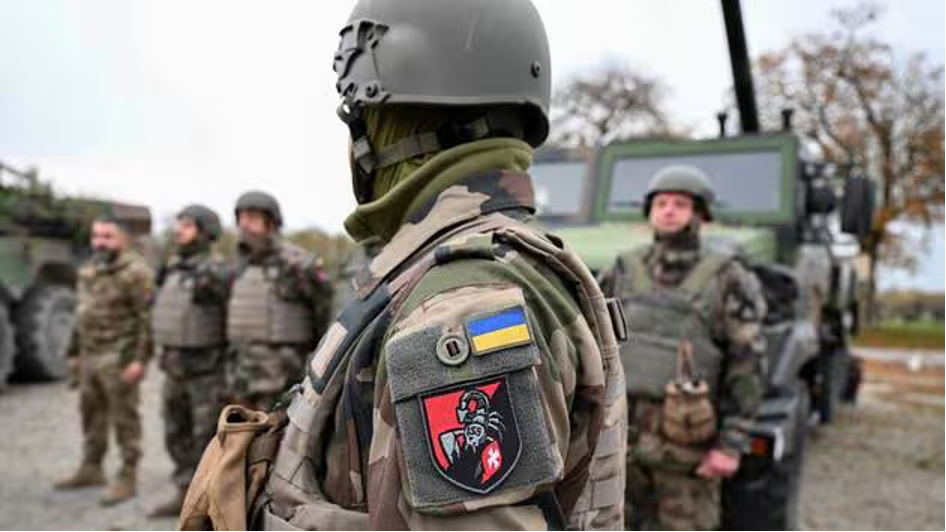EU states on Thursday signed off on a fresh package of sanctions against Russia targeting its lucrative liquefied natural gas (LNG) sector for the first time, officials said.
The new measures -- which should be formally adopted on Monday -- are aimed at further choking off Russian President Vladimir Putin's war effort against Ukraine.
JOIN US ON TELEGRAM
Follow our coverage of the war on the @Kyivpost_official.
"This hard-hitting package will further deny Russia access to key technologies," EU chief Ursula von der Leyen wrote on X.
"It will strip Russia of further energy revenues and tackle Putin's shadow fleet and shadow banking network abroad."
Diplomats said the latest sanctions -- the 14th round imposed on Moscow by the EU since the 2022 invasion -- includes a ban on the transshipment of Russian LNG via Europe.
They do not include a prohibition on the purchase of Russian LNG by EU countries.
European ports matter for Russia since the continent offers a key route for LNG exports from frozen Arctic ports to Asian markets in winter months.
Ports in Belgium, France, The Netherlands and Spain are the main points for LNG deliveries from Russia's Siberian Yamal Peninsula.
The Belgian port of Zeebrugge and the French port of Montoir are especially important hubs for re-exports to countries such as China, Taiwan or Turkey.
Also included in the package are measures aimed at making it more difficult for Russia to use a "shadow fleet" of vessels with obscured origins to get around EU sanctions on Russian crude oil.

Shipwrecked Russian Tankers Pollute Kerch Strait Wetlands, Birds Covered With Oil
The EU is in addition hitting Moscow's SPFS bank messaging system, used by Russia to try to ease the impact of being cut off by the West from the global SWIFT financial transfer system.
Agreement on the latest package of sanctions was held up by Germany as it pushed to water down obligations on EU firms to prevent the re-export of their sanctioned products to Russia via third countries.
The EU is looking to clamp down on the flow of goods that can be used on the battlefield, such as microchips, through countries including former Soviet states neighbouring Russia, Turkey, and the United Arab Emirates.
Diplomats said several more Chinese firms accused of aiding Russia's military were also being added to a blacklist preventing EU firms from trading with them.
Restrictions were also being placed on political parties, think tanks and media providers accepting money from Russia, to try to curb alleged meddling by Moscow.
You can also highlight the text and press Ctrl + Enter






